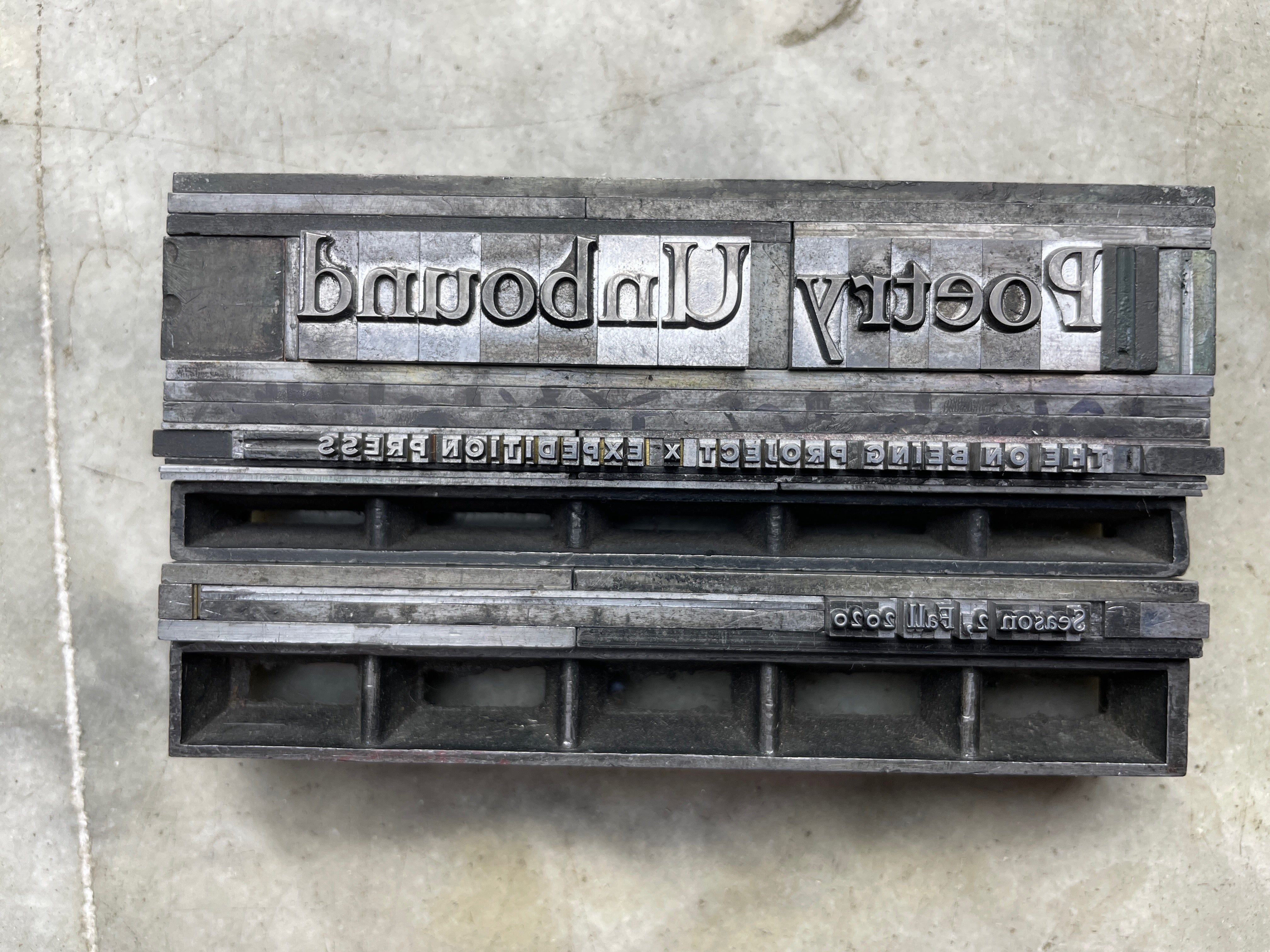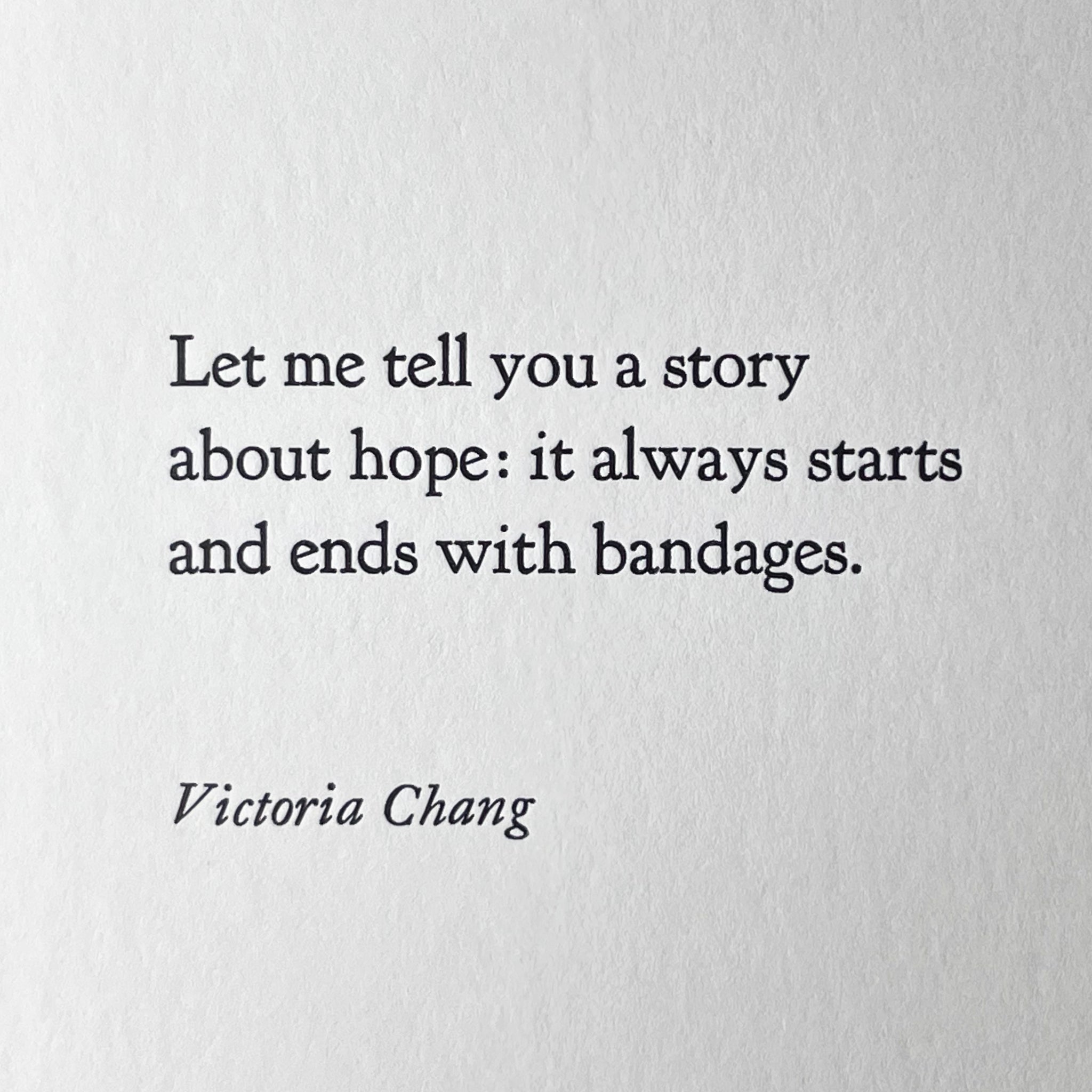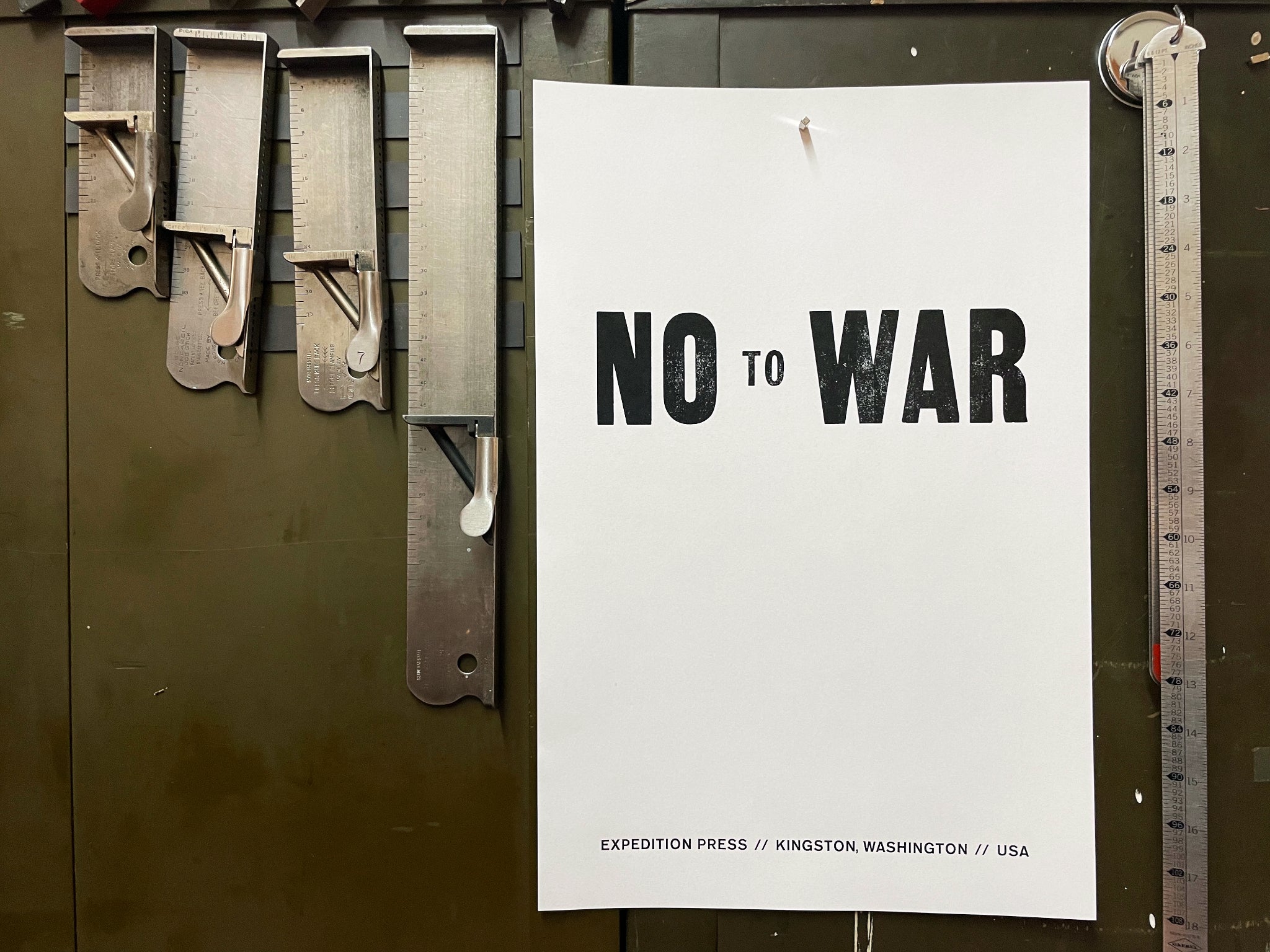Making “Choreography of Ruin” by Ellen Bass

This choreography of ruin, the world breaking
like glass under a microscope,
the way it doesn’t crack all at once
but spreads out from the damaged cavities.
Still, for a moment, it all recedes.
The backyard potatoes swell quietly,
buried beneath their canopy of leaves.
The wind rubs its hands through the trees.
Ellen Bass
from “Saturn’s Rings”
One of the things I love most about working on the Poetry Unbound project is that it introduces me to so many poets I don’t know, or whose names I knew but hadn’t read. It’s the best kind of introduction, a sudden deep dive into a singular poem. Ellen Bass’ “Bone of My Bone and Flesh of My Flesh” was featured in Season 2, the first season I worked on. Her name was one I was aware of but didn’t have much associated with except a chance crossing with my friend Joseph Bednarik of Copper Canyon Press some years back. It was at a conference at Seattle Pacific University and Julia Cameron was speaking. Her morning pages exercise has affected me so profoundly, I needed to say thank you. After not being able to actually get in the room where she was speaking but crowding the hallway with other hopefuls all the same, I was standing in Julia’s very long book signing line clutching my old stolen copy of The Artists Way plus a new one I had just bought for a friend, when I saw Joseph who was there helping manage Ellen’s signing who I suppose was a speaker too. We shared a few bright words and he “left me to my fan moment.” I really am no good at containing excitement.
Ellen’s name lodged somewhere quietly with me alongside an integral daily practice. When I was putting together her Poetry Unbound gift package last year I thought shoot, I should read some of her work. When she emailed me a few weeks later with thanks for the package and yes to the idea of a project, I thought yikes now I really need to read. I looked her up and read a few things online and promptly got lost in other words and works in front of me. I let the Ellen Bass thread wander along in a subterranean fashion until such time opened up in my life last fall that I spent an afternoon researching her work. I promptly ordered a couple books and had a serendipitous exchange with Ryo Yamaguchi at Copper Canyon who sent me more.


One winter night I read three of her books at once, starting with the most recent, Indigo, which is wonderful. Of course everyone is always hot to trot with what’s new but often that isn’t where I find the lines that stick in my head. I like to go deeper. Reading that night I found many excerpts and full poems I could think of printing but then I turned from page 5 to page 6 in Like a Beggar, reading the poem “Saturn’s Rings,” and I marked those last 8 lines in pencil immediately. From then on I couldn’t think of not printing them. I hemmed and hawed that it didn’t make sense, wasn’t from the newer book, wasn’t a full poem, wasn’t this and wasn’t that. All the while the feeling of it soothed me. The quiet potatoes and the wind rubbing the trees leant a calm recognition of the present ruin we’re in. I needed those words. Plus some weeks before I accidentally discovered a perfect handful of potatoes while turning over my garden beds much too late. I didn’t even plant potatoes that year, and it was December. They shouldn’t have been there and they should have been terrible. I ate them with glee and wrote to Ellen feeling (as usual) a tad bit foolish that there was probably a better selection among her many, many poems. She responded right away saying yes, she was delighted for me to print those words exactly.
The design came together easily, informed directly by the page in the book that was designed by Phil Kovacevich. The format felt obvious, 6x9 inches, frame-able but easy to hold and a standard size I use. Recently I realized it’s the same size as many poetry books, Like a Beggar included. The big question of what type to use resolved after proofing just two faces, Perpetua and Caslon. Perpetua won out with its elegance and spaciousness, and Ellen’s name followed in Felicity, Perpetua’s italic. The other big design debate was one I have often, with the credit, whether to put it on the back or the front. I am constantly thinking it should be on the front like it traditionally is, and for good reason, credits matter! Attribution is paramount! Readers need to know where things came from, the title of the poem and the book and the publisher and the copyright matters a lot! And yes, lastly, where the object was made. It’s always a bit of struggle to prioritize myself and the name of my press. Funny that I’m always thinking so deeply about the provenance of the language but easily waive the provenance of the print.

I tried the credit lines on the front in good faith, several different ways, even as a second color (purple! Which was lovely but distracting) and in the end decided to do what I nearly always do when the decision is up to me. I put the credit on the back. Because the thing I never want — indeed the antithesis of what I’m working toward — is distraction from the language I am printing. From the poem, the line, whatever piece it is that I am setting that moved me so much that I want others to read it and be moved in turn. It seems a small thing but I am immensely distracted by words of all kinds and it’s always a radical and liberating feeling for me to put the details on the back (and this website). Still very much present but to be discovered.
There is something unnameably precious about that first encounter, and each subsequent one, with language that breaks you open and helps you live better. Which is what the poetry I print does for me. I want you, dear reader, to have those words, and the name of the person who wrote them. I don’t want to bother your heart with anything else in that moment. If there’s more you need to know (and there is!), you have the internet to search and the print to flip over and I hope your curiosity takes you far. I work hard to add my bit to the internet of useful reference especially when it comes to the prints I make and the provenance of their language. My ultimate hope is that the book I found it in ends up in your hands too. On that front, major progress this week that I’ll write about more later: I became an affiliate of bookshop.org! You can now find the books behind my broadsides in one place, and buy them through a means that supports independent bookstores as well as the authors and publishers, and me too.
Finally, I did add something new to the front of this print: a blind deboss of Expedition’s logo. It’s an idea I’ve long considered that was challenging to try, yet immediately belonged. Slowly I realize the things I make are unified in a way I can’t quite name but is reflected to me often. I feel good about how they exist together, and I am delighted and doubling down to document what I’m doing and build online resource as well as in-your-hand reference. Because, access! Working ever toward increasing it.

Credits
Thanks to Ellen Bass for her beautiful words and warm responsiveness.
Thanks to Copper Canyon Press for permission to print, and to Ryo Yamaguchi for making sure I had more of Ellen’s books, Like a Beggar included.
Thanks to Erin, Lil, Gautam, Pádraig, Krista, and all the Poetry Unbound crew at The On Being Project, for bringing me to so much fabulous poetry.
Buy the print Choreography of Ruin from Expedition and buy the book Like a Beggar from bookshop.org.
Explore Expedition Press on bookshop.org! Two lists down, so many more to come.
Get The Artist’s Way by Julia Cameron on bookshop.org and read my Ode to Morning Pages from a few years back. Now I’m in year ten of writing them!



